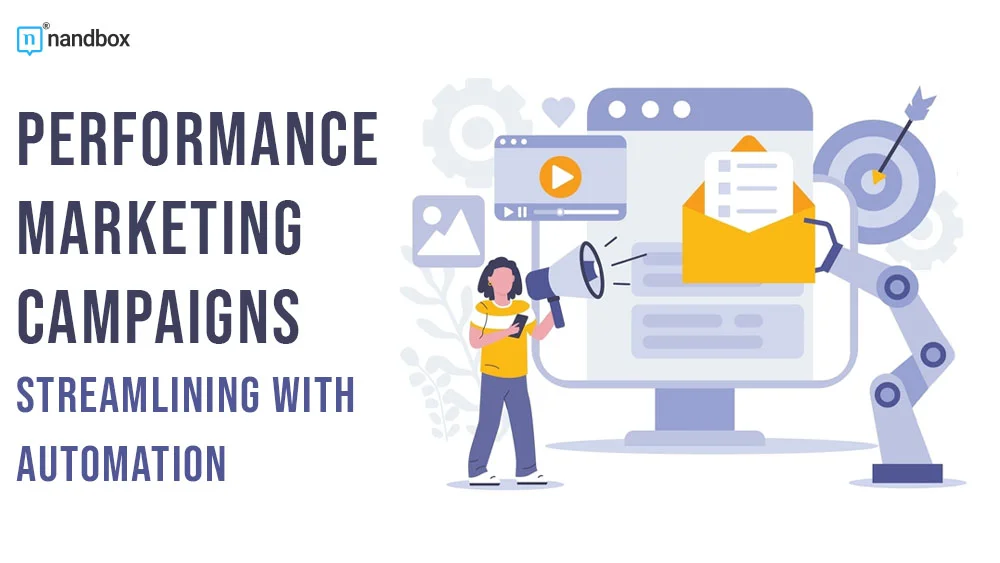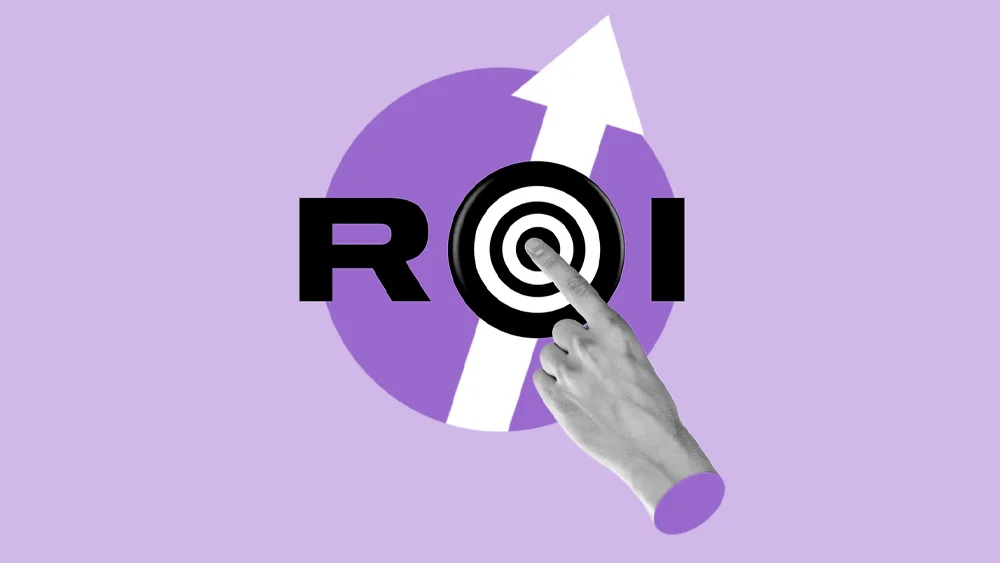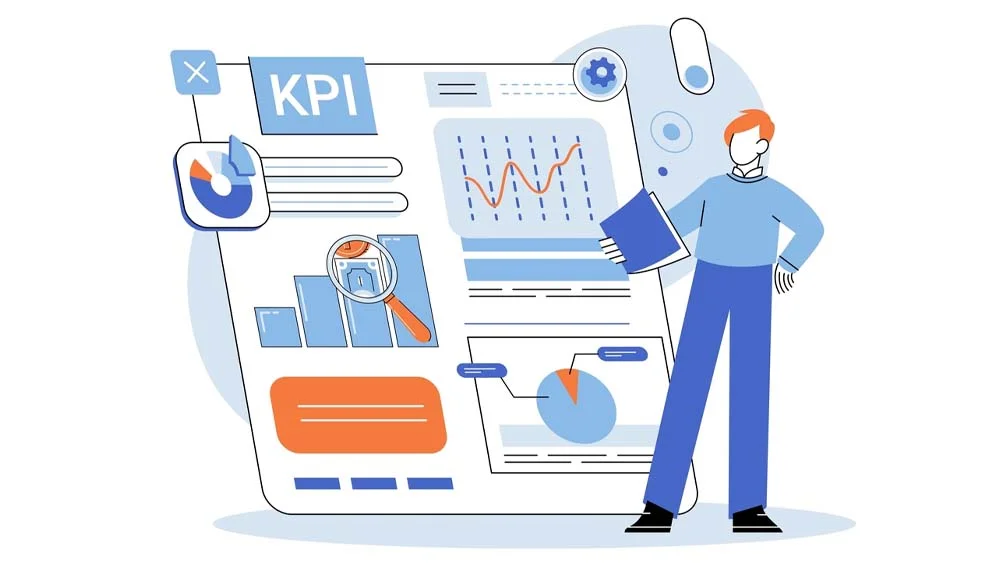The Future of Performance Marketing Campaigns: Embracing Automation
Businesses are constantly on the lookout for effective marketing strategies that can propel them towards success. Performance marketing campaigns has changed how businesses connect with their target audience, generate leads, and achieve remarkable conversions. To optimize campaign efficiency, reduce manual tasks, and improve data accuracy, performance marketing relies on automation. Automation allows for real-time adjustments, ensuring that ads reach the right audience at the right time, maximizing ROI. It streamlines processes, enabling marketers to focus on strategy and creative innovation.
Performance Marketing Campaigns: What Is Performance Marketing?
Performance marketing is a digital advertising methodology wherein businesses pay for specific actions, such as clicks, leads, and sales, rather than paying for views or general brand awareness. Unlike traditional marketing, which primarily aims to create awareness, performance marketing focuses on measurable results, with advertisers paying only when a specific action has occurred. It relies on data and tracking to optimize performance, ensuring every penny spent contributes directly to the best possible ROI. This marketing approach can be easily measured, allowing marketers to see how well their campaigns perform in real time.
The Need for Automation in Performance Marketing Campaigns
Automating performance marketing campaigns is essential due to their increasing complexity. Automation simplifies the process of data analysis, targeting the right audience, setting bids, and reporting. This frees up resources to be utilized by marketers for strategy-related work instead. It improves accuracy using advanced analytics and AI by serving the personalization of content and optimization of ad placements immediately. All these processes, once automated, help organizations make their campaigns more effective, less expensive, and yield higher returns, thus enabling them to stay competitive and swift in response to the changing market.
For example, a business that automates prospect nurturing can see an increase in qualified leads, resulting in a transformation of marketing efforts.
Modern businesses are particularly focused on innovating their marketing strategies by leveraging automation. By optimizing their marketing efforts through automation, they can manage campaigns more efficiently, accurately target audiences, and stay competitive in a rapidly changing market. The best practice is to partner with a Performing Marketing Agency in Dubai that can utilize its expertise to drive results. One such agency is TIDAL Digital, which uses automation techniques. along with various integrated tools to help businesses increase revenue by optimizing digital marketing strategies, such as pay-per-click (PPC) advertising, Search Engine Optimization (SEO), Paid Social campaigns, and Analytics (GA4). They cater to clients looking for tailored marketing solutions that yield measurable results.
Now, let’s look at how automation transforms performance marketing tactics.
1. Data-Driven Insights
Any performance marketing campaign’s capacity to efficiently gather and analyze data is the cornerstone of its success. In this process, automation is essential because it helps marketers collect and evaluate large amounts of data quickly and precisely.
Performance Marketing Campaigns: Advanced Analytics Tools
Real-time campaign performance tracking and analysis are beginning to take the form of needs rather than perks in the performance marketing space. Marketers can make data-driven decisions at any time using automation-driven advanced analytics tools, which also provide them with instant insights into the campaign’s success. Businesses using advanced analytics solutions might see a 5–10% improvement in campaign performance by monitoring and analyzing data in real-time.
Machine Learning Algorithms in Performance Marketing Campaigns
Machine learning algorithms have revolutionized budget allocation and trend forecasting in marketing. With the use of this advanced technology, one may make better-informed strategic decisions by analyzing past data, seeing trends, and projecting future performance. Through trend prediction and cost-effective allocation, machine learning algorithms can enhance marketing return on investment by 20%.
Marketing Attribution
Understanding the effectiveness of your marketing campaigns requires a deep dive into how each touchpoint contributes to conversions. This is where the concept of marketing attribution comes into play. So, what is marketing attribution? It refers to the process of identifying and assigning credit to the various interactions a customer has with your brand before completing a desired action, such as a purchase. By understanding which channels and messages are driving conversions, businesses can make more informed decisions about where to invest their resources, optimize their marketing strategies, and maximize ROI. Integrating marketing attribution with automation tools can further streamline these efforts, ensuring every dollar spent contributes effectively to the campaign’s success.
2. Targeting Precision
Performance marketing companies deal with vast amounts of data and automation will allow marketers to elevate their targeting strategies to unprecedented levels. Automation allows the usage of advanced tools that enhance targeting precision, utilizing automated segmentation, AI-driven personalization, and dynamic creative optimization. This is to achieve highly tailored marketing efforts.
Automated Segmentation
With automatic segmentation solutions, your audience may be split up into highly focused groups according to a range of factors, including demographics, preferences, and behavior.
Marketing initiatives may be more successfully and accurately targeted with the use of this granular technique. Automated segmentation increases the potential for more focused marketing efforts in campaign response rates.
AI-Driven Personalization
Artificial intelligence (AI) has transformed marketing customization. By evaluating user activity and preferences, artificial intelligence and AI powered applications can deliver highly personalized information. This may greatly raise conversion rates and engagement. Brands using AI-driven customization may see a subtle improvement in conversion rates by offering customized content and offers.
Dynamic Creative Optimization
Dynamic Creative Optimisation (DCO) improves personalization by automatically updating ad content in real time based on user involvement and activity. This guarantees that every user views the most intriguing and pertinent advertisement. Dynamic creative optimization allows advertising to be modified in real-time in response to user interaction and behavior which enhances ad effectiveness.
3. Performance Marketing Campaigns: Campaign Management
Success in campaign management depends on efficient management, and automation simplifies much of this work.
Scheduling and Automating Ad Placements
Ad placement solutions ensure that your target audience receives consistent messages at the right time by automatically scheduling and managing ad placements across various media. This automation increases both brand consistency and messaging effectiveness across multiple channels.
Rules-Based Automation
Rules-based automation allows marketers to build up predefined conditions that trigger certain actions, such as increasing spending on high-performing ads, adjusting bids, or pausing underperforming ones. It can improve marketing efficacy by forty percent and provide a fast response to performance marketing data.
4. Workflow Efficiency
Automation not only enhances campaign effectiveness but also improves overall workflow efficiency, freeing marketing professionals to focus on more strategic tasks.
Automation Platforms
These platforms can handle many repetitive tasks, such as data entry and report compilation, enabling marketing teams to spend more time on strategy and creative initiatives. Companies that use automation technologies for routine tasks report an increase in team productivity, allowing employees to focus more on important tasks.
Automated Reporting
Automated reporting systems may generate insights and performance summaries regularly, saving time and providing consistent, reliable data for decision-making. Setting up automated reporting systems may produce performance summaries and insights 50% faster than manual reporting techniques, allowing for quicker decision-making.
5. Testing and Optimization: Performance Marketing Campaigns
Over time, boosting campaign success requires constant testing and tweaking; automation streamlines and expedites this process.
A/B Testing
Among the various campaign elements that automated A/B testing systems can quickly put up, execute, and evaluate are landing pages and ad content. This enables marketers to identify and implement the most effective strategies quickly.
Multivariate Testing
Multivariate testing extends the capabilities of A/B testing by allowing marketers to test many aspects simultaneously. Automation makes it feasible to manage these complex tests and interpret the findings accurately.
Automated Optimization Algorithms
Automated optimization algorithms based on performance data can continuously refine and improve campaign elements, ensuring that campaigns are always operating as efficiently as possible.
6. Success and ROI
Accurate measurement of marketing campaign success and return on investment is essential for demonstrating value and guiding future strategy.
Key Performance Indicators (KPIs)
A clear image of campaign performance can be obtained by using automated dashboards and reporting technologies that can track and visualize key performance metrics in real time.
Attribution Models
Automated attribution models can precisely determine how much each marketing channel contributes to overall success, allowing marketers to allocate resources more effectively.
Automation to Adjust Strategies
Automation technologies ensure that campaigns align with current objectives and market conditions by allowing tactics to be adjusted depending on performance outcomes and real-time data.
FAQs
How do automation tools contribute to lower marketing expenses?
Automation tools significantly reduce marketing costs by eliminating manual processes and maximizing resource utilization. Automation accelerates repetitive tasks and guarantees that the advertising budget is used wisely, which lowers expenses and improves results.
What are the risks associated with automating performance marketing campaigns?
Automating advertising carries risks, such as an over-reliance on technology that might replace human intelligence and creativity. Incorrect setup or automated system misconfiguration can potentially lead to unexpected results or unsuccessful campaigns.
How do I choose the right automation tools for my marketing campaigns?
Select automation solutions based on your specific needs, including features, integration capabilities, scalability, and support. Choose solutions with flexible campaign management, robust analytics, and seamless integration with your existing systems.





